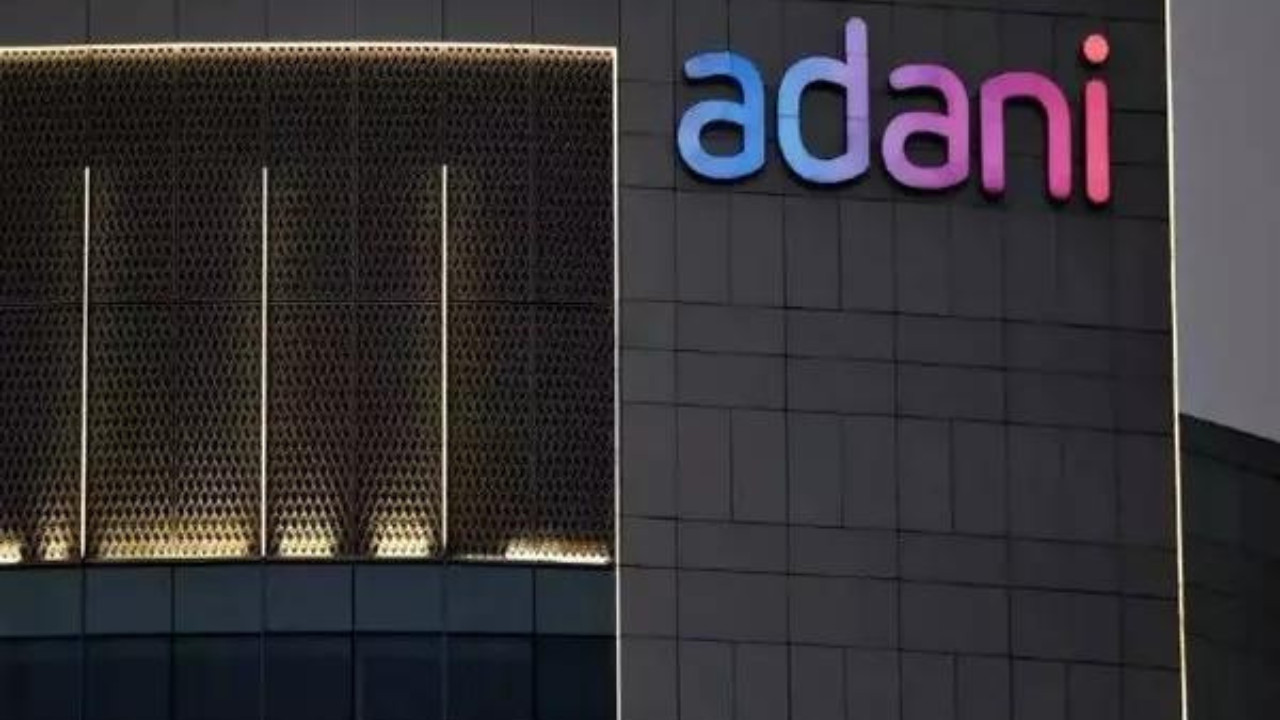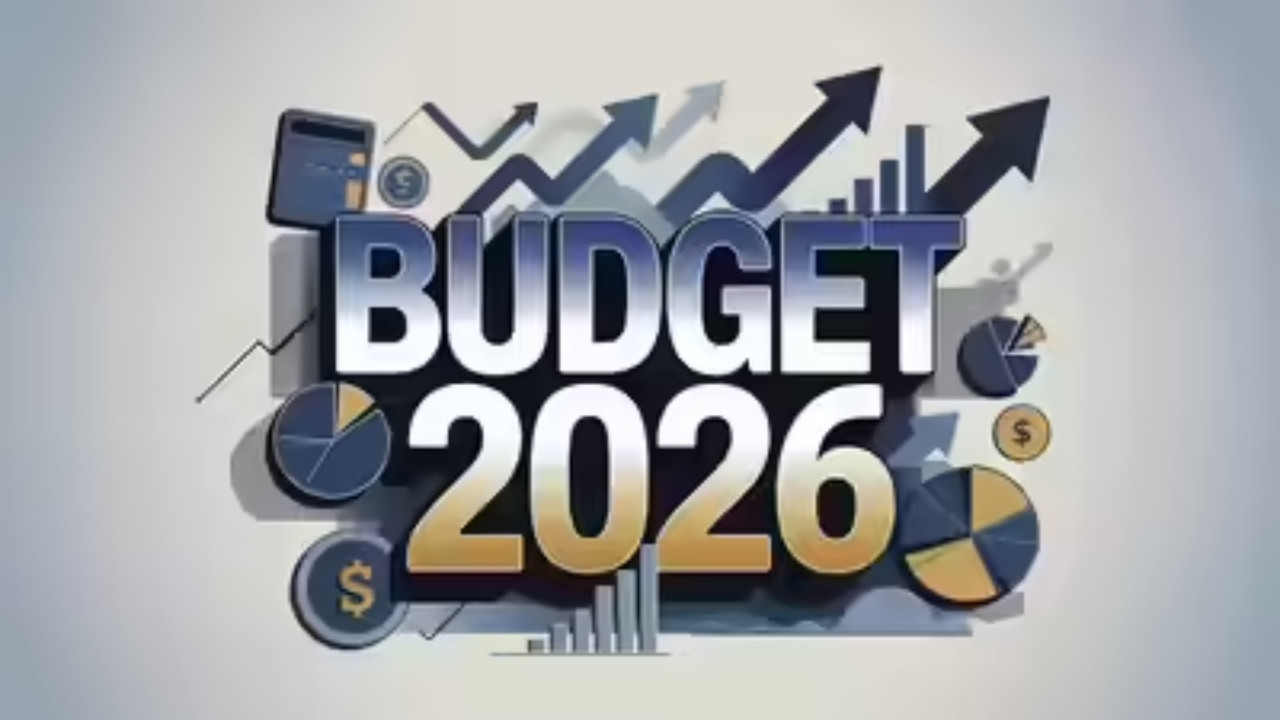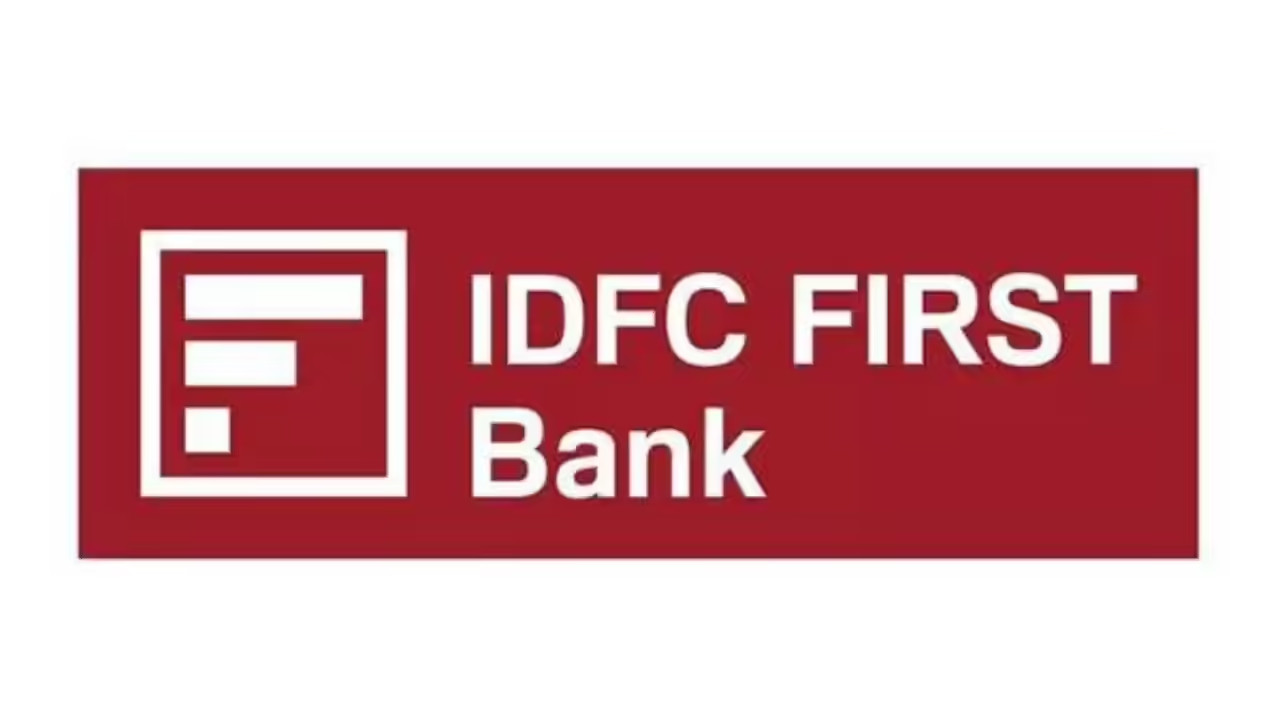Adani Enterprises Ltd (AEL) is launching a public issue of secured non-convertible debentures (NCDs) worth up to ₹1,000 crore, offering yields up to 9.3% per annum. Opening on July 9 and closing on July 22, the issue has tenors of 24, 36, and 60 months. Proceeds will primarily be used for debt repayment.
Decoding Adani’s ₹1,000 Crore Move: What You Need to Know
The financial world never sleeps, and the latest ripple comes from the Adani Group. Adani Enterprises, the flagship incubator of the conglomerate, has just launched a ₹1,000 crore Non-Convertible Debenture (NCD) offering, stirring up conversations about debt management, investor confidence, and the group’s future trajectory. But what does this actually mean for you, and what’s the story behind the numbers? Let’s dive in.
Unpacking the NCD Offering
First, let’s break down what an NCD is. Essentially, it’s a fixed-income instrument companies use to raise funds. Investors lend money to the company for a fixed period, and in return, they receive regular interest payments. Unlike convertible debentures, these don’t turn into equity shares. So, you’re a lender, not an owner.
Adani Enterprises is offering these NCDs with a yield of 9.3% – a figure that immediately grabs attention. In a market where interest rates are being closely watched, a 9.3% yield presents a potentially attractive opportunity for investors seeking stable returns. The offer opened on May 31st and will close on June 14th, giving investors a limited window to participate.
This particular NCD offering is segmented, offering different tenures, so investors can choose an option that best fits their investment horizon. This flexibility is a clever move, catering to a wider range of risk appetites and financial goals.
Why Now? Adani’s Debt Strategy
The big question is, why is Adani Enterprises opting for this route now? The official line is that the funds raised will be used primarily for repaying existing debt and general corporate purposes. This points towards a strategic effort to optimize the company’s capital structure. Reducing debt is often seen as a positive sign, improving a company’s financial health and stability.

In the wake of increased scrutiny, the Adani Group seems to be actively working to shore up investor confidence by demonstrating responsible financial management. This NCD issue can be interpreted as a step in that direction, showcasing a commitment to deleveraging and building a more sustainable financial foundation.
Investor Confidence and the Road Ahead
The success of this NCD offering hinges on investor confidence. Will investors bite? The 9.3% yield is undoubtedly a compelling factor, but potential investors will be carefully evaluating the Adani Group’s overall financial standing, future prospects, and the broader economic climate.
While the group has faced challenges, it has also demonstrated resilience and an ability to navigate complex situations. Key projects like the Navi Mumbai International Airport and renewable energy initiatives continue to progress, painting a picture of long-term growth potential. This is where a look at related content comes in handy. See how Adani Green Energy is transforming the renewable energy landscape.
It’s worth noting that the issue has been rated “AA/Stable” by CARE Ratings and “AA- (Stable)” by Acuite Ratings. These ratings indicate a relatively low credit risk, which could further boost investor confidence.
Implications for the Broader Market
Adani’s NCD issue is more than just a company-specific event. It reflects broader trends in the Indian corporate bond market. Companies are increasingly turning to NCDs to diversify their funding sources and manage their debt profiles. The appetite for these instruments among both institutional and retail investors can be a gauge of overall market sentiment.
A successful NCD offering by a major player like Adani Enterprises could have a positive spillover effect, encouraging other companies to tap the bond market and potentially lowering borrowing costs. Conversely, a lukewarm response could signal caution among investors and lead to a more conservative approach to corporate debt issuance.
Final Thoughts
The Adani Enterprises ₹1,000 crore NCD offering is a significant move with potential implications for the company, its investors, and the broader market. It presents an opportunity for investors seeking fixed-income returns, while simultaneously allowing Adani to streamline its debt management strategy. Whether this move will definitively boost investor confidence is yet to be seen, but it undoubtedly represents a calculated step towards reinforcing financial stability and long-term growth. Time will tell how the market responds, but one thing is clear: the Adani story continues to unfold, and it’s one worth watching closely.







